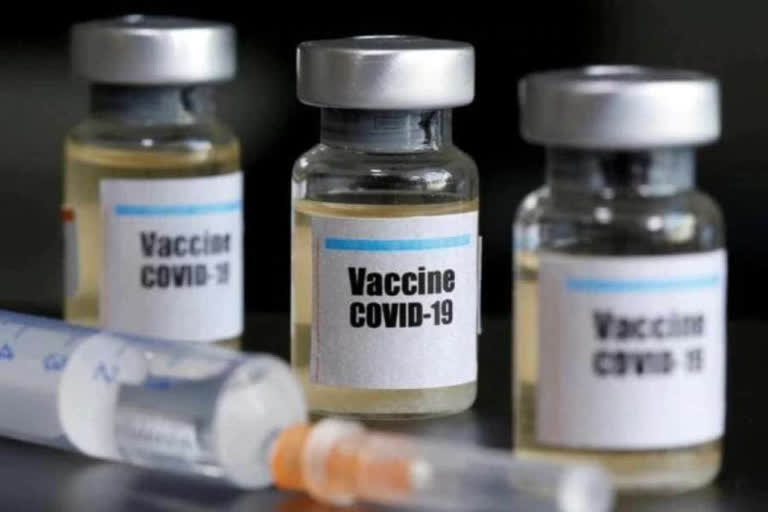New Delhi: Vaccine hesitancy may probably impact future Covid19 vaccination programme, said a study conducted by the British Medical Journal (BMJ).
The BMJ study further said that South-East Asia has the highest share of healthy adults - a key for reducing community transmission.
Compiling a study for global, regional and national estimates of target population sizes for Covid19 vaccination, the BMJ in its report said that any vaccination programme is not expected to reach 100 per cent of the population owing to several factors.
It said that the global target population for vaccination would be 7.8 billion people. If young children (0-4 years) and school-aged children and young people (5-19 years) were not initially prioritised or eligible for vaccination, the target population would be 5.2 billion people.
"If we assume that people who have experienced a natural SARS-CoV-2 infection might not be considered as a priority for vaccination, the total target population decreases to 4.78 billion...overall by considering vaccination programme of 60-80 per cent, which includes the herd immunity threshold and vaccine hesitancy estimates, the size of the target population would be 3.1 - 4.1 billion people," the study said.
Read: Oman to receive first batch of Pfizer COVID-19 vaccine on Wednesday
The study observed geographical disparities in the share of different target population group across WHO regions.
"If we consider the target for vaccination is the entire population, South East Asia (1.3 billion, 25.5 per cent), and the Western Pacific (1.5 billion, 28.2 per cent), together account for 53.7 per cent of the population to vaccinate," the study said.
